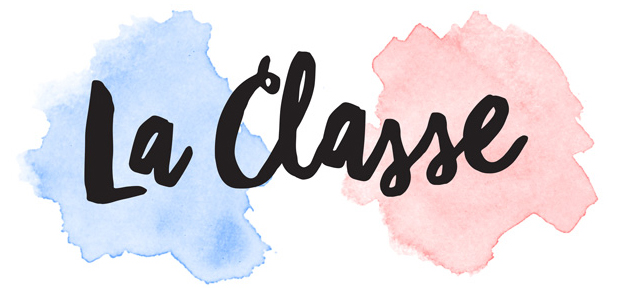Speaking a foreign language can be an exhilarating yet intimidating experience. Whether you're a beginner or an advanced learner, the fear of making mistakes, being misunderstood, or sounding less fluent often leads to anxiety. This anxiety, known as foreign language anxiety, is a common obstacle language learners face. However, with the right strategies and mindset, you can overcome this anxiety and gain confidence in speaking French.
Understanding Foreign Language Anxiety
Foreign language anxiety refers to the feelings of tension and apprehension that individuals experience when speaking or learning a second language. It is a common phenomenon among language learners and can significantly hinder their progress and enjoyment of the language-learning process. When speaking French, learners may feel vulnerable, self-conscious, and afraid of making mistakes.
Making mistakes is an essential part of learning any language, including French. Contrary to popular belief, making mistakes should not be a source of embarrassment or anxiety. Instead, view them as stepping stones towards improvement. Each mistake presents an opportunity to learn, grow, and refine your French language skills.
One study conducted by Laurane Jarie, a researcher from The University Of Zaragoza, found a statistically significant correlation between language anxiety and French-speaking oral proficiency. This suggests that anxiety can impact a learner's ability to speak French fluently and confidently. Recognising and addressing this anxiety is crucial for good language acquisition.
Strategies to Overcome Anxiety
Embrace a Growth Mindset:
Instead of viewing mistakes as failures, see them as opportunities for growth. Recognise that making mistakes is a natural part of the learning process. By reframing your mindset and embracing a growth mindset, you can alleviate the pressure you place on yourself and feel more at ease when speaking French.
Practise Deep Breathing and Relaxation Techniques:
Deep breathing and relaxation techniques can help calm your nerves when anxiety strikes. Take slow, deep breaths and focus on releasing tension from your body. This practice can help reduce anxiety and allow you to approach French conversations more clearly.
Set Realistic Goals:
Setting realistic goals allows you to measure your progress and avoid feeling overwhelmed. Break down your language learning journey into smaller, achievable milestones. Celebrate each accomplishment, no matter how small, and use them as motivation to continue learning.
Join French Conversation Classes:
Participating in French conversation classes can significantly boost your confidence. These classes provide a supportive and non-judgmental environment where you can practise speaking French with fellow learners and experienced instructors. Regularly engaging in conversations makes you more comfortable expressing yourself in French.
Find a French Teacher Who Makes You Feel at Ease:
A teacher plays a crucial role in your language learning journey. Look for a French teacher who creates a positive and supportive learning environment. A teacher who understands your anxiety and encourages you to take risks can help build confidence and reduce language-related fears.
Engage in Regular Language Practice:
Consistency is critical when learning a language. Regular practice helps familiarise you with French vocabulary, grammar, and pronunciation, making you more comfortable conversing. Set aside daily dedicated time to practise French.
Immerse Yourself in French Culture:
Surrounding yourself with French culture and media can enhance your language learning experience. Watch French movies, listen to French music, and read French books or articles. Immersion helps you become more familiar with the language and builds your confidence in speaking French.
Incorporating these strategies into your French language learning routine can help you overcome anxiety and build confidence. Stephen Krashen, an expert in linguistics, proposed the hypothesis that anxiety, low self-esteem, and lack of motivation can hinder language acquisition. According to Krashen, creating a learning environment that reduces anxiety and boosts motivation can significantly improve the chances of success in second language acquisition.
Conclusion
Overcoming anxiety when speaking French is a gradual process that requires patience, persistence, and the application of effective strategies. Remember that making mistakes is a natural part of the learning journey, and by embracing them, you open yourself up to accelerated growth. So, take a deep breath, step out of your comfort zone, and embark on your exciting journey of mastering the French language.



